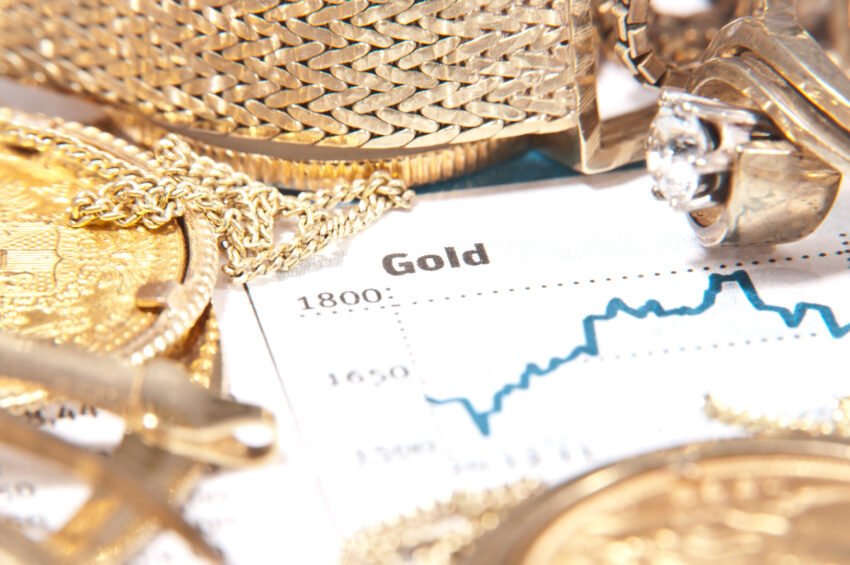Wealthy savers have been increasingly purchasing gold and silver coins, spurred by concerns over a potential capital gains tax increase by the incoming Labour government.
Sales of tax-exempt coins rose by 14% year-on-year between April and June, according to The Royal Mint, as investors prepared for the possibility of a Labour victory. The Royal Mint reported receiving its largest bullion order, worth millions, in May following former Prime Minister Rishi Sunak’s call for a general election.
Bullion dealers also noted a surge in investor inquiries around the election period. Gold and silver coins produced by The Royal Mint are classified as legal tender, making them exempt from capital gains tax. For instance, an investor who makes a £10,000 profit on these coins could avoid a £1,400 tax liability.
After months of speculation, Rachel Reeves confirmed on Tuesday that Labour plans to raise taxes in its first Budget this autumn. The Chancellor ruled out increasing taxes for “working people”, leading experts to believe that capital gains tax will be targeted instead.
Peter Walden of BullionByPost noted a rise in interest from wealthy investors aiming to capitalise on the tax exemption since the election announcement in May. He stated, “We have seen a number of high net worth investors spending over £100,000 on capital gains tax-exempt gold coins pre-emptively. As Labour firm up their plans for capital gains tax, we anticipate a rise in interest as investors review and adjust their portfolios in response to the changes.”
The tax-free allowance was halved to £3,000 in April, resulting in more investors facing capital gains tax bills this year. Currently, higher rate taxpayers pay 24% on property sales and 20% on other assets, while basic rate taxpayers pay 18% and 10%, respectively. Ms Reeves is believed to be considering aligning these rates with income tax rates to boost Treasury revenue.
Sales of gold coins rose 9% year-on-year in the first quarter of the financial year, while silver coin sales increased by 55%, The Royal Mint reported. The demand for safe-haven assets like gold has surged in recent years as investors seek to protect their portfolios from rampant inflation.
Rob Morgan of wealth manager Charles Stanley commented, “Paper currencies lose their value over time as more money is created. The supply of gold and other precious metals, meanwhile, is strictly limited, and expensive investment is necessary to discover and extract more.” He added, “The renewed popularity of gold is linked to the trend of deglobalisation and heightened international tensions as central banks increasingly crave a non-politicised reserve asset. As the world continues to fragment geopolitically, this trend could continue.”


